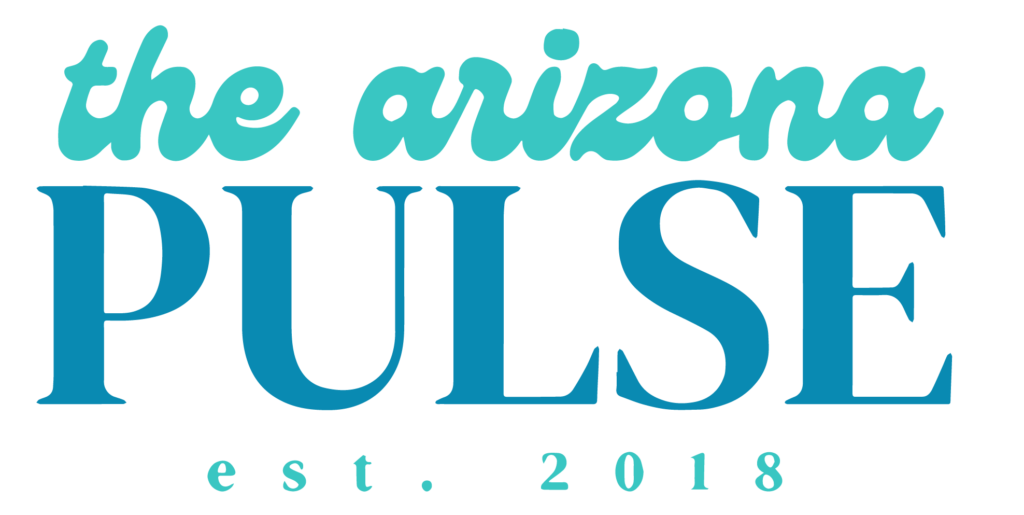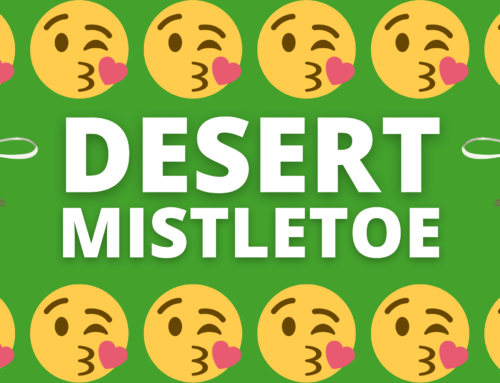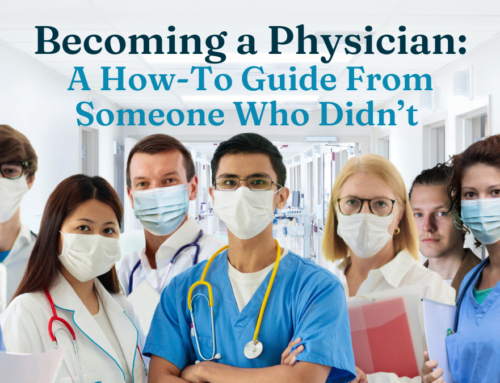Homeless, refugees, inmates — those are just a few of the marginalized populations that students at the College of Medicine – Tucson have dedicated themselves to serving.
For decades, medical students have consistently donated a chunk of their busy schedules to volunteer for the college’s free clinics and health education services. The overarching program, known as CUP — or Commitment to Underserved People — is entirely driven and run by medical students who are committed to providing care to those in need.
“I’ve heard patients travel from as far away as eight hours [to see us,]” says Stacey Jaw, a second-year medical student who volunteers at the Shubitz Family Clinic, a CUP clinic located in the College of Medicine – Tucson. “That is pretty incredible; it makes us feel like we definitely want to do a good job.”

Shubitz Family Clinic, a weekly evening clinic that provides free primary care to uninsured patients, is just one of more than 35 CUP programs at the college. Medical students regularly treat the homeless in downtown Tucson; discuss health topics with inmates at the Pima County Jail and Pima County Juvenile Facility; provide free immunizations to low-income children in Tucson; and more.
CUP Director Carlos Gonzales, MD, emphasizes that each of these community service opportunities would not be possible without the program drivers: medical students.
“All of these programs originate from students,” says Dr. Gonzales, who also serves as assistant dean of curricular affairs and associate professor of family and community medicine at the College of Medicine – Tucson. “They come to me with an idea and if it sounds legitimate and is going to be helping an underserved population, we authorize it.”
Today, after 40 years of existence, CUP programs have never been better. Medical students gain valuable hands-on clinical exposure and learn how medical clinics operate — all while serving the underserved.

On average, each class of medical students volunteers 7,048 hours in their first year of medical school alone. By the time they graduate, classes typically have provided more than 13,000 hours of community service. For CUP clinics, that volunteer time translates into providing free health care for 1,000 patients each year.
Patients who are seen through CUP clinics often have no other option for medical care. That realization recently struck close to home for second-year medical student Kenia Lucey. Like Jaw, Lucey volunteers in CUP’s Shubitz Family Clinic.
“I recently saw one woman who wasn’t feeling very well,” Lucey says. “We ended up diagnosing her with cancer and I couldn’t help but think that she may never had known she had cancer if she hadn’t had visited the clinic.”
In another eye-opening experience for Lucey, a family arrived two hours late to an evening appointment she was volunteering for.
“A situation like this could very understandably evoke irritability or annoyance, a sense of confusion with the effect and untimeliness of the patient,” Lucey says. “Until you realize that this family just drove two hours to visit Shubitz, the only clinic they knew of where they could receive quality health care for free.”
For Lucey, these first-hand experiences with CUP have taught her three values she’d like to emanate as a future physician: patience, perspective, and commitment.
The attributes, Lucey says, highlight the powerful impact CUP has had on the community it serves and the volunteers who make it possible.
For Dr. Gonzales, who helped found CUP 40 years ago when he was a medical student at the College of Medicine – Tucson, watching students still eagerly participate in CUP is truly gratifying.
“I am proud that CUP still exists and that our medical students are still so eager to serve and work hard to help others,” he says. “I am confident that the medical students we are training are going to become respectful and caring future physicians.”
For more information about CUP, visit: https://medicine.arizona.edu/CUP





